The annual number of weddings in the UK has generally been declining for a while. At the same time, however, their average value has been increasing, with a typical wedding now estimated to cost in the region of £35,000. Venues are generally one of the most expensive lines in the budget: with fewer weddings every year and bigger budgets to attract, it’s more important than ever that a venue stands out from the crowd.
There’s little doubt that future wedding trends will be heavily influenced by our experiences of lockdown. Venues that proactively embrace these trends and improve their offer based on them will undoubtedly be in a stronger position than their competitors.
According to wedding website Hitched, our experience of being stuck at home and unable to see our closest friends and family will be a key influence in how we choose to celebrate in the future. Hitched believes two clear paths will emerge on the back of Covid-19 restrictions: those who want to scale back and focus on an intimate micro wedding and those who want to celebrate their new freedom with everyone they know, meaning big guest lists and lavish parties.
Lockdown has put a huge strain on the UK economy and we expect to see wedding couples choosing to support local, independent suppliers, opting wherever possible to buy British. For venue operators, promoting connections with local, carefully curated suppliers should be high on the priority list.
It should be of no surprise that a growing wedding trend for next year, and the foreseeable future, is sustainability. According to Arcadia, an average wedding day produces the same CO2 emissions as five people do in a whole year. Venues that make genuine efforts to minimise their footprint will be seen favourably by prospective clients.
Tying in with the growing awareness of our environmental impact is the increasingly influential locavore concept – trying to eat only food that is grown or produced in the local area. Wedding venues should be partnering with local suppliers wherever possible, showcasing the very best of artisan producers and seasonal produce. Reducing food miles should be a key part of a venue’s sustainability strategy. For venues that don’t provide in-house catering, establishing strong links with preferred suppliers and ensuring that they are as equally committed to locality and quality is essential.
Research by Harris Poll shows that 78 per cent of millennials would now rather spend money on experiences than tangible objects. On the back of Covid-19, there will be an increased desire to create unique experiences and lasting memories. Immersive ambience will be a big draw for future couples in helping choose their venue. Expect to see a big increase in demand for outdoor ceremonies and even receptions.
In line with the wellness trend and desire for open-air experiences, wedding venues that can incorporate nature are likely to see increased demand. If outdoor experiences aren’t practical, consideration should be given to how the outdoors can be brought inside, from immersive woodland dinners to walled garden-inspired menus.
Intimate and micro weddings are likely to continue to appeal to many couples. A smaller guest list may well open up the doors to unique and beautiful parts of a venue that traditionally have been considered too small for weddings. This could be an opportunity to focus on providing total luxury on a miniature scale, highlighting the attention to detail and ultimate guest experience. Don’t assume budgets will shrink with the guest list – promote the opportunities for couples to indulge and spoil their nearest and dearest.
Weekday weddings have been growing at pace for several years. A recent study by wedding planning website The Knot highlights that non-Saturday weddings now account for 1 in 3 weddings. Partner with local suppliers and really promote the benefits of a weekday wedding, appealing to those who may traditionally work weekends or have limited summer time holidays. Venues traditionally develop their financial forecasts based on the number of weekend weddings they can sell each year, setting overhead budgets around these projections. Opening the doors to the midweek market can be an effective way to increase profit.
While the past 12 months have been a year like no other for the wedding industry, experts from across the sector are predicting a surge in demand post Covid-19. The effects of lockdown restrictions will undoubtedly have a lasting impact on consumer sentiment and what is valued most when choosing a wedding venue. The number of annual weddings may be marginally declining, but venues that adjust their offering in line with emerging trends will undoubtedly remain in high demand.
Further information
Contact Adam Davies and Hugh Vere Nicholl
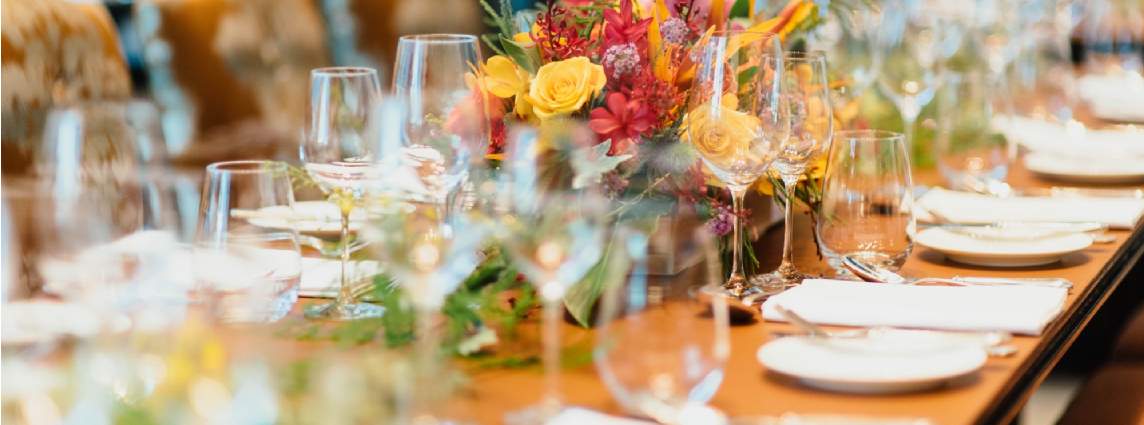
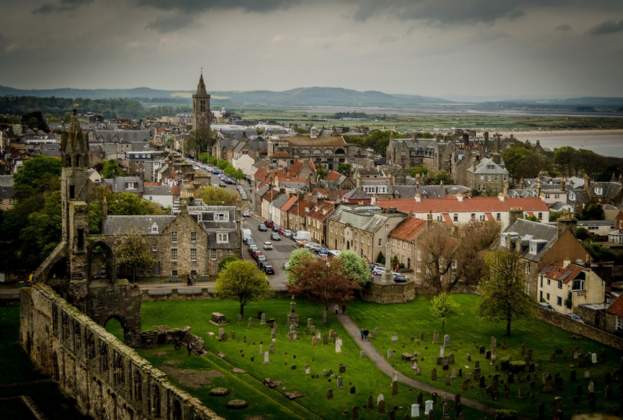

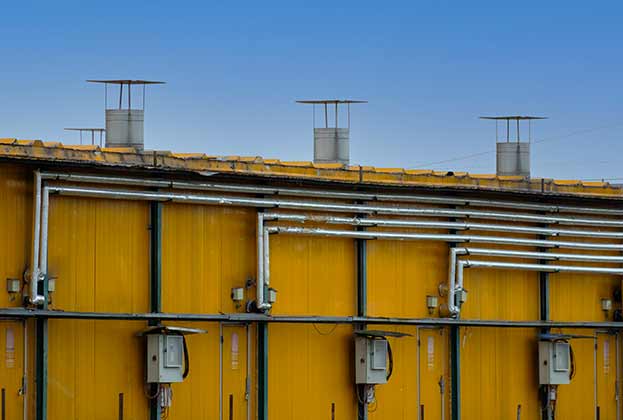
.jpg)
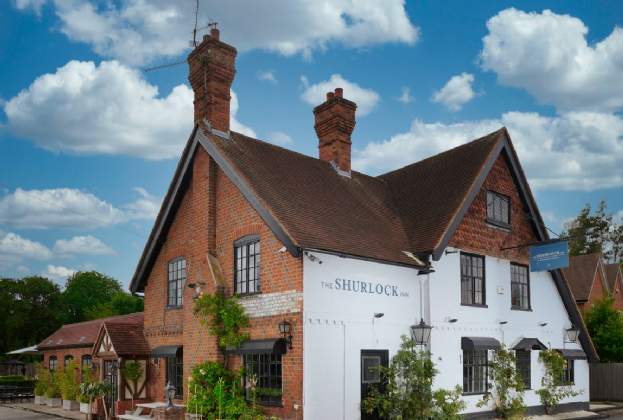
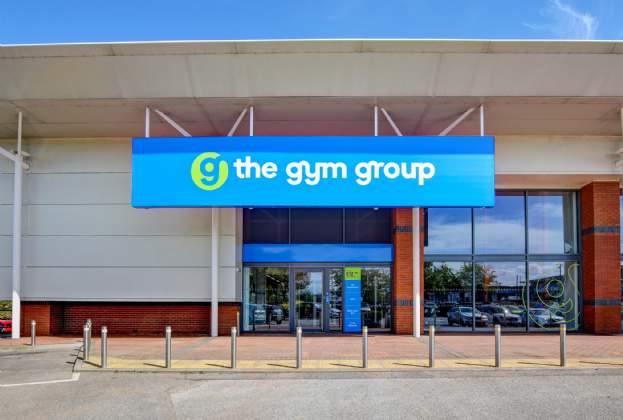
.jpg)


.jpg)